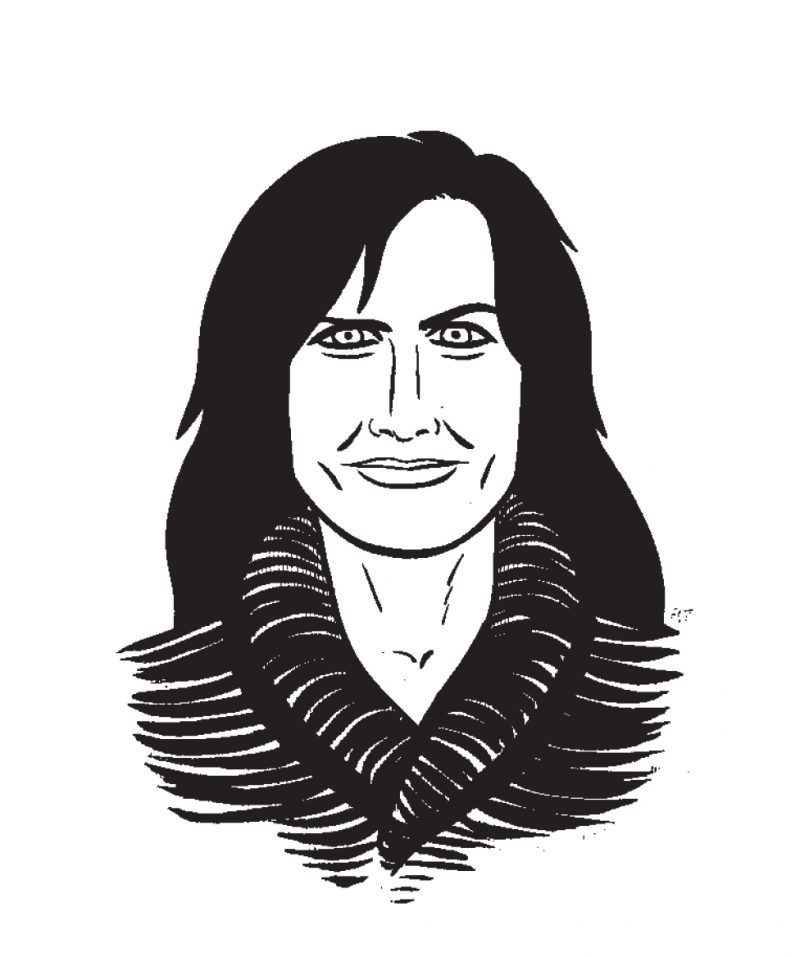Margot Livesey was born and grew up in the Scottish Highlands. Her mother died when she was two and a half, and her father, who taught at a private boy’s school, raised her. She read philosophy and literature at the University of York in England; after graduating, she spent a year traveling—in Europe and North Africa—and writing a novel. She eventually landed in Toronto, where she spent the better part of her twenties writing and waitressing. When she came to the United States she began teaching, and since then has taught at numerous writing programs including Warren Wilson, the Iowa Writer’s Workshop and the University of California at Irvine. Livesey has received grants from the NEA and the Guggenheim Foundation. She lives in Cambridge, Massachusetts, is writer-in-residence at Emerson College, and is at work on her fifth novel.
She has published Writing about Literature: An Anthology for Reading and Writing (with Lynn Klammkin), Learned by Heart (1986) a collection of short stories, and four novels. Homework (1990) is about an editor traveling to Scotland to escape a love affair, only to end up in another one with a divorced man with an emotionally disturbed nine year old daughter. Criminals (1996) tells the story of a banker who finds a baby in a bus station, and his sister, who wants to keep the child. The baby’s father, discovering who has the child, decides to extort money from them. In The Missing World (2000), a journalist suffers amnesia and becomes a virtual prisoner of her former lover. He doesn’t tell her that, before her amnesia-producing accident, she had already left him. The following year, after intermittent attempts to get the story on the page for well over a decade, Livesey published Eva Moves the Furniture, which Andrea Barrett called “a beautiful novel about the unbreakable bond between mother and daughter.” Eva’s mother dies on the day of her birth and she is raised by her aunt and her grief-stricken father; she is accompanied through her life by two strange, invisible companions. She falls in love with a young plastic surgeon and her companions intervene, forcing her to confront truths about both her past and her future.
The soft-spoken Margot Livesey met with the interviewer and his dog Rosie at a non-franchised coffee shop in Cambridge on a sunny afternoon in late April. She told him that one of the reasons she agreed to meet with him was to see Rosie, who might have been flattered had she not been busy trying find the treats hidden in the interviewer’s bag. What follows is pretty much that conversation, minus the recorded moments...
You have reached your article limit
Sign up for a digital subscription and continue reading all new issues, plus our entire archives, for just $1.50/month.
Already a subscriber? Sign in





